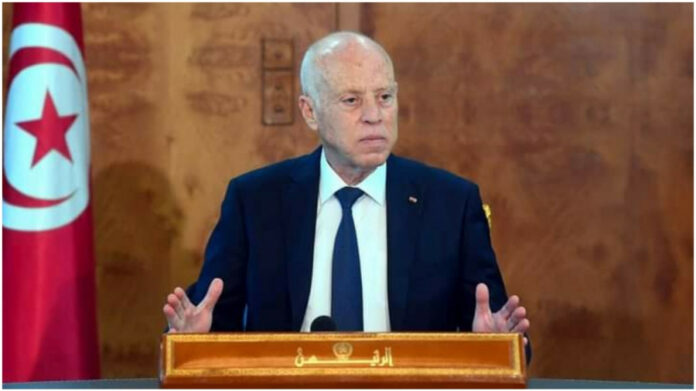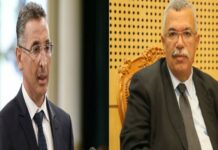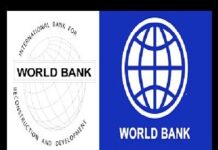The recurrent decisions taken by Tunisian President Kais Saied since July 25th, 2021 have been welcomed by a wide section of the Tunisian people, who see in him a savior of the country from political paralysis that has hampered its progress and was a stumbling block to achieving national and regional development goals.
However, President Saied’s lack of an economic vision will deepen Tunisia’s crises, especially the economic ones, even though he is making utmost efforts to solve the current political problems, including appointing a prime minister who is able to complete the anti-corruption process he leads.
Saied tried to launch a campaign to lower the prices of several commodities and on several occasions attacked local economic and financial pressure groups, which he said were ravaging the economy and aiming to accumulate profits, even if illegally, but his actions did not limit the aggravation of the situation.
Saied’s intervention in July halted long-delayed talks with the International Monetary Fund over a loan program that had been expected to clear the way for more economic aid and avert a major fiscal crisis.
“The situation is very critical in the economy and public finance in particular,” said economic analyst Moez Joudi. “We have been on the verge of collapse for months.”
But he believes that the political crisis now and the absence of any program and a clear economic vision are accelerating the total collapse.
He predicted that Saied’s politically-centered plans could turn Tunisia into another Lebanon, which is in the midst of a financial crisis described by the World Bank as one of the deepest downturns in modern history. It has pushed three quarters of Lebanon’s population into poverty and its local currency has lost 90 percent of its value in the past two years.
Saied, who has dismissed the prime minister, suspended parliament, and given himself the power to govern by decree, has not yet appointed a new government, nor announced any comprehensive economic policy plan, nor stated how he intends to finance the public deficit and pay off debts.
Economic analysts have warned that Saied may resort to the Central Bank to request the printing of a currency in a move that will cause the authorities to lose control of inflation rates.
Saied still enjoys great support from broad categories of Tunisians who are tired of corruption and see his hand as clean. But political paralysis is hurting the chances of reviving the economy.
Official figures indicate that unemployment rates reached 17.8 percent, amid an unprecedented economic crisis in the country, which led to a record financial deficit of more than 11 percent in 2020.
The economy contracted by 8.2 percent last year, while a deficit of 11.5 percent pushed public debt to 87 percent of gross domestic product, according to the International Monetary Fund.
The powerful Labor Union (UGTT) and foreign lenders see no options but to resume negotiations with the International Monetary Fund.
While Tunisia needs about four billion dinars per month to pay wages and repay debts, the amounts in the state treasury are estimated at only 544 million dinars, according to central bank data issued on Monday.
Anger over economic stagnation, exacerbated by the pandemic, helped prompt what appeared to be widespread support for the Tunisian president’s July 25 intervention.
But Saied is now under increasing pressure to address Tunisia’s economic problems after the political crisis jeopardized the democratic gains Tunisians won in the 2011 revolution that sparked the Arab Spring protests.
Saied said that his measures are necessary to save the country from collapse and to address the crisis of political paralysis, economic stagnation and the weak response to the Corona epidemic. The Tunisian president pledged to defend rights, reiterating that he cannot be a dictator.
President Saied did not put any time limit on ending the hazy state of political life in Tunisia, but said he would appoint a committee to help draft amendments to the 2014 constitution and establish “a true democracy in which the people have real sovereignty”











